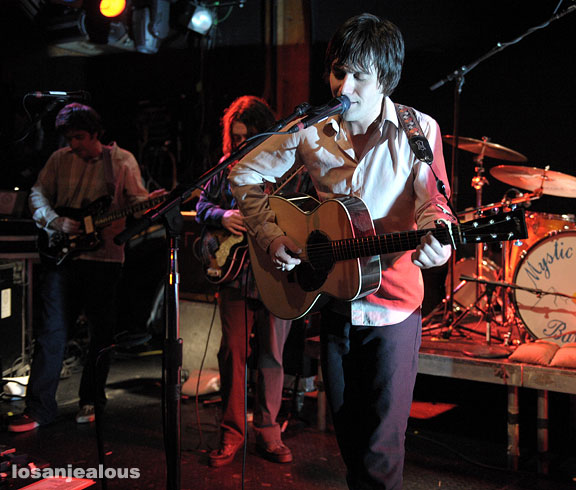
While I was in Mexico in January of 2009, I traded Carson McCullers’ The Heart is a Lonely Hunter for Jerzy Kosinski’s The Devil Tree. The man warned me that this was not Kosinski’s best work, and insisted I read Being There. I didn’t take his advice all too seriously as The Devil Tree was average at best, but when I came across a copy for five dollars I figured I would give it a try.
This book was a very pleasant surprise. The story revolves around a man named Chance, an orphan who, by chance, came to reside at an expansive estate. The actual circumstances behind how this arrangement came to be are never explained. More importantly, this is the first of many haphazard occurrences which shape Being There thematically as a novel of appearances and globalization.
It could be said that Being There is a book about postmodernity, but more specifically, I think this book is about expansion and thereby the loss of the individual, and America. The owner of the estate dies and Chance is forced to leave the confines of the house for the first time, and enter into an outside ‘reality.’
He is illiterate, and his own knowledge of social convention solely stems from television and the garden he tended to within the estate. Immediately, he is struck by a limousine and, by chance, the woman within the car is not only extremely wealthy but also, her dying husband is the president of the New York Stock Exchange.
Chance returns to their home, charms the dying diplomat, meets the president, appears on a television news broadcast, and from there is spun into a prominent political advisor and businessman. Chance knows nothing of these enterprises, and he speaks only about his garden which is interpreted by those around him as the use of natural metaphor.
In this way, the novel delves into the idea of appearance versus essence. All the characters in the novel project onto Chance an appearance that is in some way beneficial to their own agenda. He serves a purpose for them. Likewise, Chance emphasizes the statement “I like to watch you.” This assertion is misconstrued in two sexual situations, but the idea behind relates to possession through observation.
The novel is based around chance, not the character but that adjective pertaining to coincidences and occurrences, advantageous ones at that. With globalization, the world is expanding and all that is individual is at stake in this vast age of enormities. As set forth by Fredric Jameson in his famous paper The Cultural Logic of Late Capitalism, the postmodern subject is unable to ‘cognitively map.’ What Jameson means by this is the inability of the subject to place itself in a world of meaningful connections and thus determine value. So, in postmodernity, “Nothing is true, everything is permitted;” and isn’t this exactly what luck is? Is this not the very path that Chance happens to encounter?
Being There is well written. The metaphor is overt enough to decode, but not so difficult that one needs to be an English Literature major to grasp it fully. It is funny at times, and frustrating. There is the sense that Kosinski views expansion as naturally inevitable. Despite if you agree or disagree, the novel is very good and has moved Kosinski back into my good graces.
Rating: 3.5 out of 5
try Thomas Pynchon's The Cryling of Lot 49 or
E.L. Doctorow's Ragtime



